by Kari Grenade, PhD Regional Economist and Macroeconomic Advisor
In broad terms, an Economic Citizenship Programme (ECP) of a country provides citizenship or residency to someone in exchange for that country receiving substantial sums of cash or financial investments.
ECPs cater to wealthy individuals legitimately seeking a second passport that allows them to reside in a country of their choice or to facilitate visa free international travel to various countries. There has been a proliferation of ECPs worldwide since the first programme was rolled out in 1984. Driving the growth in ECPs has been the surge in private wealth, especially in emerging market economies. At the end of 2020, of the 22 countries worldwide (mostly in Europe) with some form of an ECP, 5 were Caribbean countries (Antigua and Barbuda, Dominica, Grenada, St Kitts and Nevis, and St Lucia). Programmes differ considerably in design, governance and operations.
Benefits of an ECP to a country include substantial receipts for government, investment inflows, job creation, economic activity and in some cases, transfer of skills, knowledge and technologies. Against the benefits are risks and costs, some of which include: (a) fiscal risks — given that receipts tend to be vulnerable to sharp declines or even sudden stops; (b) financial sector risks — in cases where financial institutions are heavily exposed to sectors that are propped up by investments from an ECP there can be adverse implications for their assets should there be a sharp decline in ECP inflows; (c) reputational risks — which arise where governance arrangements of an ECP are weak; and (d) money laundering risks — which can be magnified especially where due diligence measures are inadequate. Ultimately, the net economic impact of ECPs depends on the design and governance of the programme, as well as the magnitude of the inflows, their management and use.
There are varying perspectives on ECPs, including on the one hand that the commodification of citizenship is offensive and the opaqueness of some programmes raises concerns about the sources and uses of funds. On the other hand, there is the view that the business of economic citizenship is a systemically-important economic sector providing jobs, promoting economic activity, attracting foreign investments and injecting substantial sums to government coffers.
Regardless of one’s perspective, the reality is, some countries (five of which are in the Caribbean) operate an ECP. Therefore, the focus has to be on what can be done better and/or differently to maximise benefits and minimise risks materialising. This is especially pertinent for Caribbean countries operating an ECP as they consider strategic imperatives in “building forward” better in the context of the Covid-19 era and beyond. In what follows, I offer some ideas on what could be done better and differently to maximise the benefits and minimise the risks of ECPs in the Caribbean countries that operate a programme.
First, reorient the ECPs from economic development towards sustainable development, that is, development that promotes and supports balance and harmony between societal, economic and environmental priorities and objectives. Economic development alone is not sufficient for sustainable development; indeed, in some cases, economic development can be at odds with sustainable development when for example environmental stability or social progress is compromised. The sustainable development goals and objectives of the countries must be clearly defined and shared by all stakeholders in the development process. Investment inflows and receipts from ECPs can then be intentionally channeled to fund projects and programmes that align with countries’ sustainable development priorities in explicit and measurable ways.
Second, put the inflows and receipts from ECPs to their highest and best use to support impact investments. Impact investments intentionally integrate sustainability considerations to generate explicit social and environmental benefits while simultaneously generating financial returns. In other words, impact investors invest in values-based initiatives by channeling their investment dollars into companies that do good in the world by supporting strategic areas such as renewable energy, conservation, sustainable agriculture and technology for example. According to the Global Impact Investing Network, the impact investing market worldwide has grown over the past decade and was estimated by the International Finance Corporation to be around US$2.1 trillion at the end of 2020. Countries worldwide use capital from impact investments to address some of their most pressing challenges and it is time for Caribbean countries to tap into the impact investment market to address some of their own development challenges.
Indeed, those Caribbean countries with an ECP are well positioned to reorient their programmes towards impact investments where the ECP’s inflows and receipts can be earmarked to support specific strategic objectives and explicit sustainable development results and outcomes. They can do so by creating legacy funds that can include some of the following: (i) a health fund to target specific health outcomes such as improved healthcare and scaled-up access to universal health coverage; (ii) a social fund that supports programmes with the potential to transform individuals, communities and ultimately the society — such as economic empowerment programmes for women and youth, programmes geared at reducing recidivism, or life-long learning programmes to equip citizens with skills to thrive in the 21st century; (iii) a productive fund to support and promote value-added agriculture/agro-processing and light manufacturing to boost the sophistication of exports; and (iv) a green fund to support environmental sustainability objectives, such as transitioning to green and clean energy, making solar farms and tree-planting ubiquitous, and other climate adaptation and mitigation activities.
Third, pool a portion of their ECP receipts to address common issues and challenges facing the 5 countries such as: inter-island transport; bulk purchasing of healthy foods, Covid-19 testing kits, vaccines, and certain software to support the IT systems for tax collection, licenses and social security; and compensation to former LIAT workers.
Fourth, enhance transparency and governance of the ECPs by sharing information, strengthening due diligence as well as the technical capacity to assess due diligence findings by local personnel, and improving risk management.
Covid-19 presents an opportunity for Caribbean countries with ECPs to reorient their programmes towards sustainable development to bring greater and more explicit legacy benefits to the society, economy and environment that are seen and felt by ordinary men and women throughout generations.





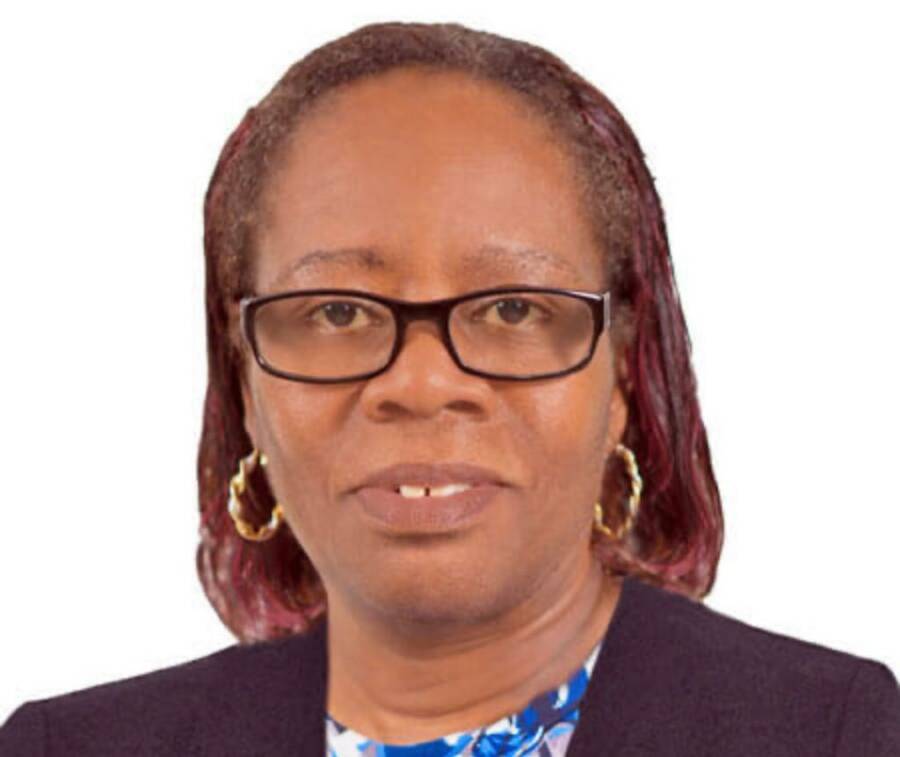
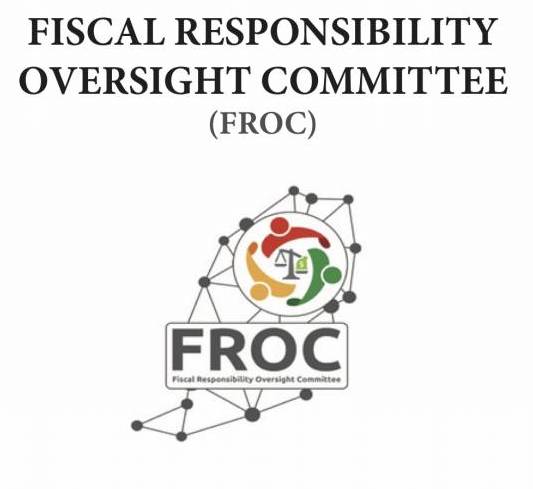

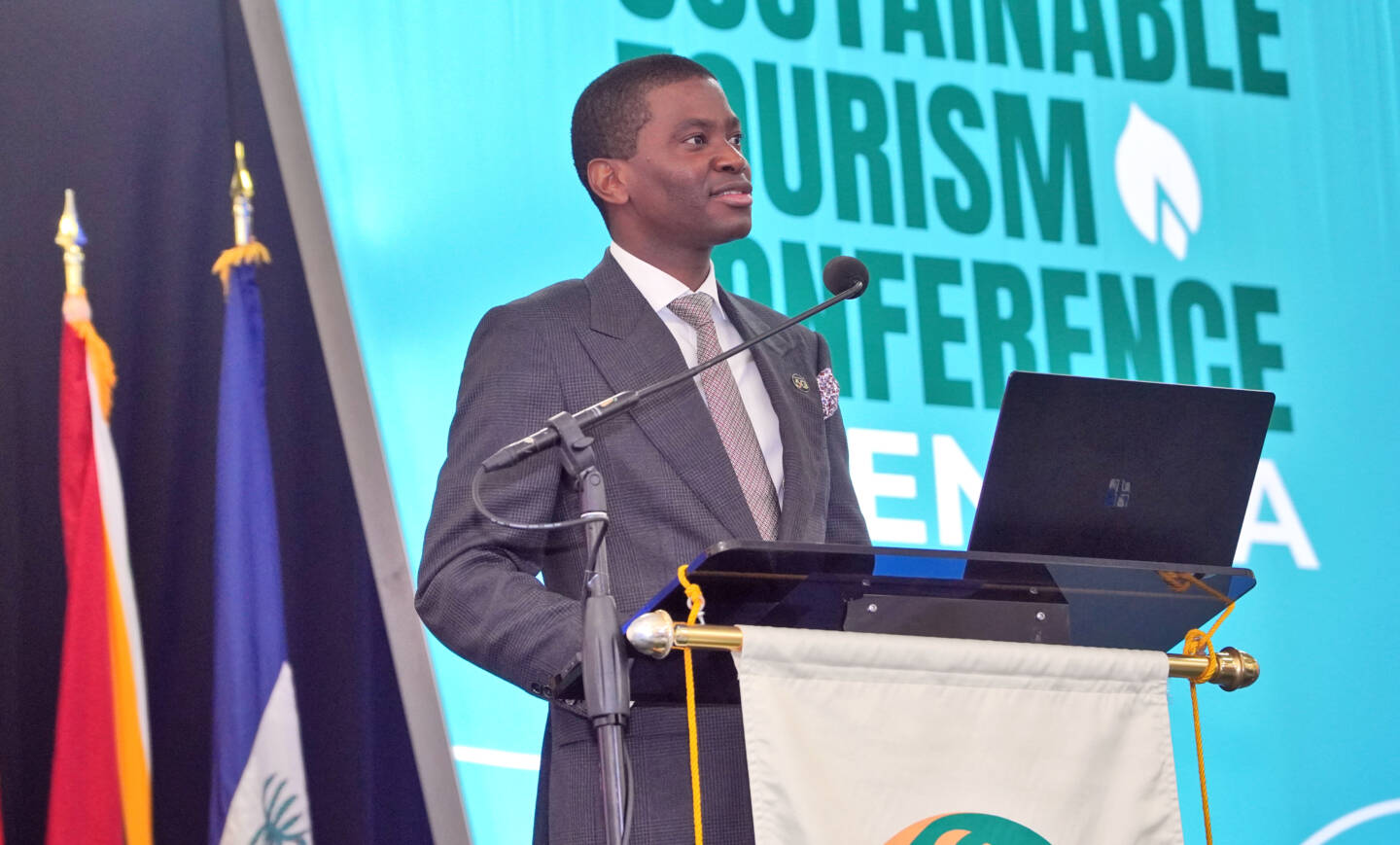










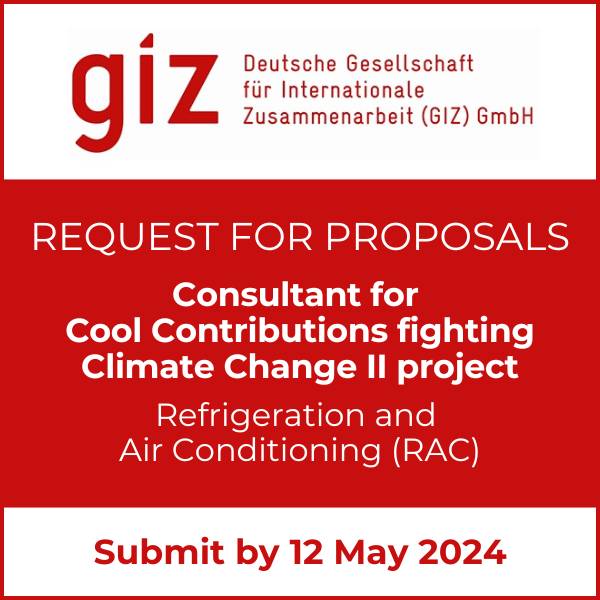


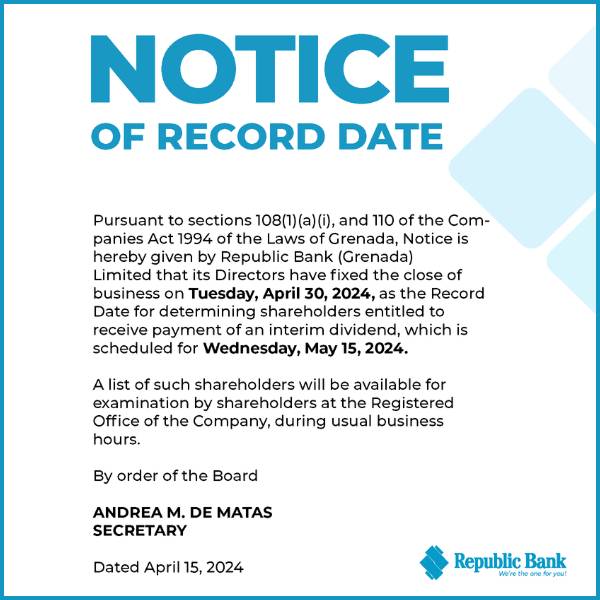


Very textbook oriented and generalized. It’s like the author did not want offend the government lack of transparency.
Land ownership is now more of dream to local residents while the wealthy gobble up all the lands.
This is not a duplicate post
Very textbook oriented and generalized. It’s like the author did not want offend the government lack of transparency.
Land ownership is now more of dream to local residents while the wealthy gobble up all the lands.
What about direct investment into Grenada’s infrastructure; potable water distribution and storage systems, reliable green electrical generation (not dependent on foreign fossil fuels) and power distribution, environmentally friendly solid waste disposal and sewage treatment. The funds need to be placed in publicly visible accounts and quarterly written reports need to be made readily available to the public on expenditures, income and progress to the promised targets.
This will provide a sense of transparency to the whole island.
Mkke good points.
I suspect Wendy is Kari’s mum….
This is an excellent article, Kari. ECPs well explained and sound recommendations advanced
This is an excellent, Kari. ECPs well explained and sound recommendations advanced